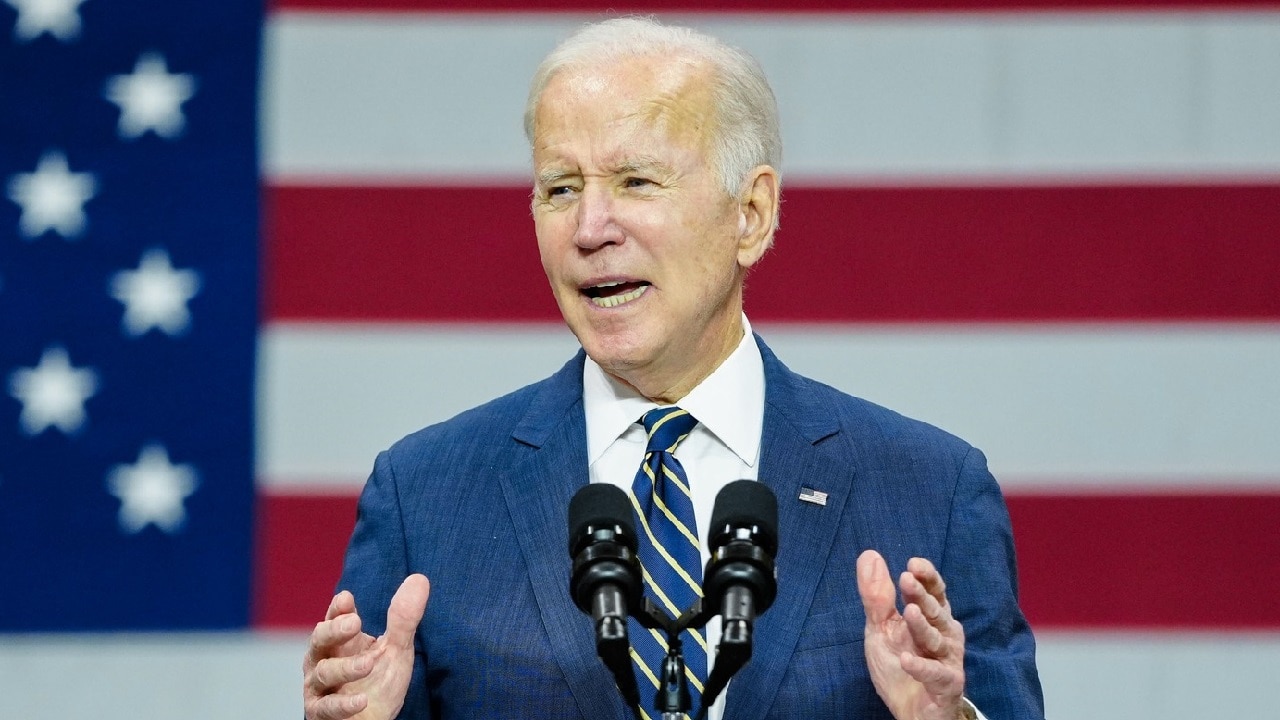In 2018, the International Energy Agency warned that U.S. shale oil producers would need to add the equivalent of the entirety of Russia’s entire crude oil production within the next seven years to stave off a global shortage. Four years later, with U.S. oil production gains halted by the Biden administration, major Western nations face the very real possibility of losing the Russian oil supply entirely.
Faith Birol, the executive director of the IEA, predicted that the world would see an oil supply crunch by the mid-202s owing to a low number of newly approved drilling projects in Russia and Saudi Arabia.
Nobody could have predicted that by 2022, however, Russia would invade Ukraine and effectively force the United States president to cut off Russian oil in a last-ditch hope that increased economic pressure on Russia would force Vladimir Putin to withdraw his troops.
Biden Considering Banning Russian Imports
On Sunday, Secretary of State Antony Blinken confirmed that the United States is in “very active discussion” with European partners on the possibility of banning the importation of Russian oil to the United States.
On Monday, however, Reuters reported that the United States was preparing to go ahead with a ban on Russian oil without the participation of European allies. Reuters cited two people familiar with the matter.
President Joe Biden held a video conference call with the leaders of the United Kingdom, Germany, and France as his administration drew up plans to ban Russian oil and looked for support from overseas.
Even if the plans go ahead, however, the United States does not currently have the capacity to replace Russian oil with domestic oil, even if the president was willing to renege on his promise to end the oil industry in the United States.
Energy Experts Say the U.S. Can’t Replace Supply
Scott Sheffield, the chief executive of Pioneer Natural Resources – the biggest shale operator in the United States – said last week that the United States won’t be capable of replacing crude oil supplies from the United States this year.
Sheffield threw his support behind calls for a global embargo of Russian oil but acknowledged that the United States currently can’t make up for the shortfall it would cause.
Speaking to the Financial Times on Friday, he said that the only way to stop Putin from continuing the invasion of Ukraine is to block all oil and gas exports.
“But if the Western world announced that we’re going to ban Russian oil and gas, oil is going to go to $200 a barrel, probably, $150 to $200 easy,” he said.
“I’m talking about a two- to three-year plan,” he told FT. “Because US shale, even if somebody adds a [drilling] rig . . . it takes six to eight months to get first production. There’s labour shortages, there’s frack fleet shortages, there’s rig shortages, there’s sand shortages.”
Elon Musk, the founder of electric vehicle manufacturer Tesla, echoed concerns about the United States’ ability to provide enough oil to replace Russian supply.
“Hate to say it, but we need to increase oil & gas output immediately,” he said.
“Obviously, this would negatively affect Tesla,” he continued, “but sustainable energy solutions simply cannot react instantaneously to make up for Russian oil and gas exports.”
Without the capacity to replace Russian oil, Biden’s expected move to ban Russian imports will likely send already rapidly-rising gas prices soaring even further.
Jack Buckby is a British author, counter-extremism researcher, and journalist based in New York. Reporting on the U.K., Europe, and the U.S., he works to analyze and understand left-wing and right-wing radicalization, and report on Western governments’ approaches to the pressing issues of today. His books and research papers explore these themes and propose pragmatic solutions to our increasingly polarized society.

